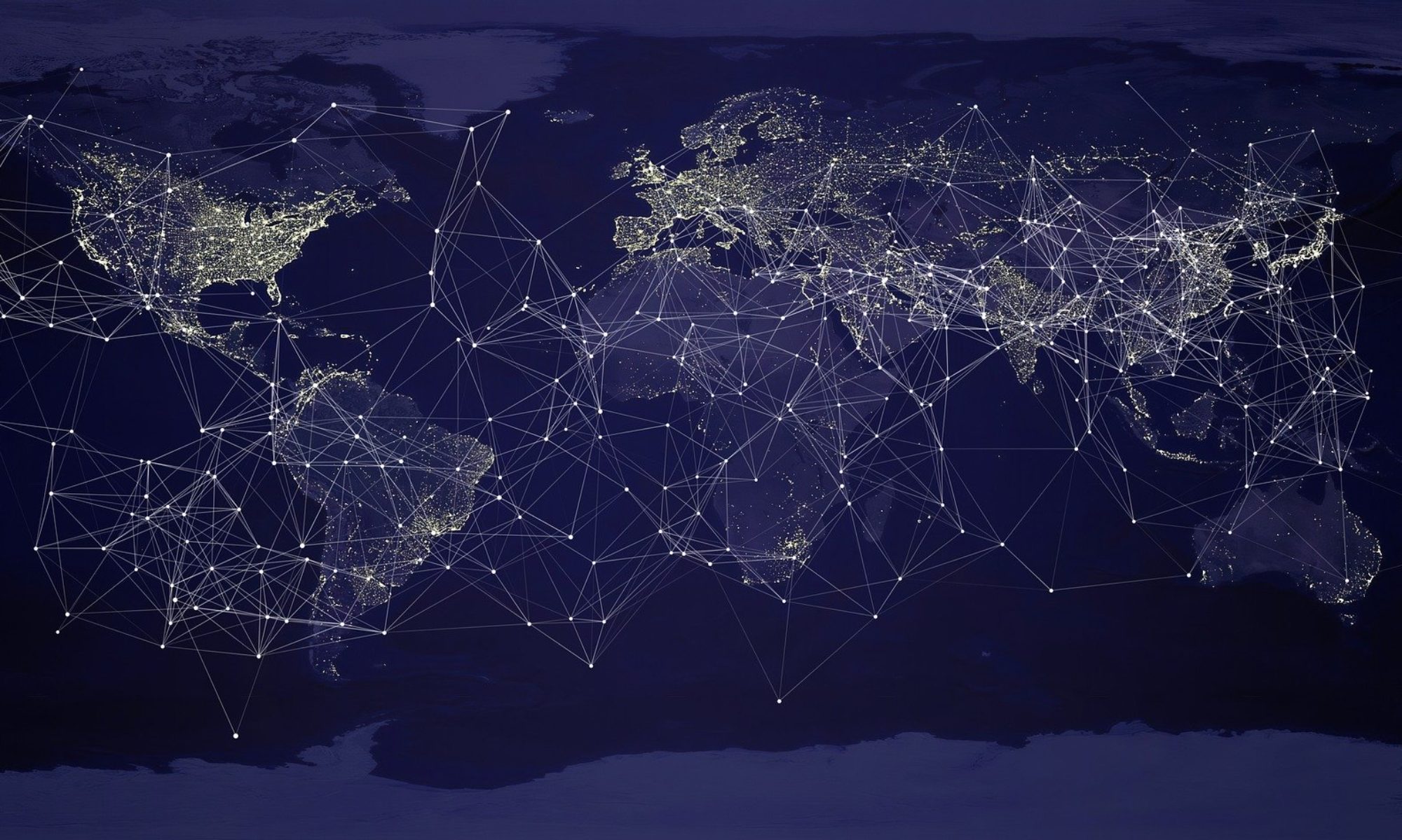Call for Papers
Writing Diaspora in the 21st Century:
Medial Transitions in Postdigital Times
International Workshop | Complutense University Madrid | 31 May 2024
Organizers: Dr. Julia Borst (U Bremen) & Dr. Linda Maeding (UCM/HU Berlin)
“Diaspora” has always involved mediality. Being dispersed around the globe, diasporic communities rely on media to communicate across and between distances as well as to create and cultivate communal identities beyond experiences of flight, displacement, and discrimination. Diasporic communities increasingly embrace new media and use transmedial strategies to articulate a diasporic condition. The emergence of diaspora formations in the digital space has also expanded their possibilities of transnational networking (Candidatu / Ponza-nesi 2022) and directed our attention to new spaces of knowledge production in which diasporic (self-)pre-sentations and narratives arise (Adenekan / Borst / Maeding 2022). Furthermore, new migration flows in present times have altered and multiplied the compositions of diasporic groups. We are seeing a shift from defining “community” primarily in terms of common origin, but increasingly in terms of a shared post-migrant narrative. Constellations are emerging in Europe in which diasporic groups forge alliances but also compete with other marginalised formations, challenging fixed categories of belonging and our notion of integration.
At the same time, new information and communication technologies have given rise to phenomena such as the mediatized (Hepp / Bozdag / Suna 2011) or the connected migrant (Diminescu 2008) that call on us to re-think diasporic connectivity and networking in the context of mediality. This workshop proposes to focus on these recent developments, taking into consideration how new ways of “doing diaspora” and constructing spaces of identification beyond origin emerge in a postdigital age. In accordance with recent approaches (e.g., Candidatu et al. 2019) that focus on the continuity between diasporic online and offline worlds, the workshop aims to discuss the entanglements of digital and non-digital diasporic representations, narratives and practices. Diasporic subjects and groups write books and create pieces of art, but they also blog and tweet and take a stand on socio-political issues online. They have their writing and art circulate on the internet or create/publish it online in the first place (e.g., Adenekan 2021). Spheres of real-life activism and digital activism increasingly inter-sect, and the same is true for literary, artistic and other medial articulations of diasporic positionings. Diasporas do not only imply geographic mobility; they are also medially on the move. Consequently, we are particularly interested in diasporic postdigital positionings that can be described as transmedial, combining, cutting across and vacillating between different medialities and their structures. On the one hand, how do digital platforms use literature and literary writing strategies to imagine diasporic and/or post-migrant communities online? And, on the other hand, how do digital and other medialities imbue printed literary texts, theatre, etc. and permeate their textures? How do cultural artefacts or performances combine different media to create meaning and what role does digitality play in this context?
From a comparative perspective, we encourage proposals from the field of literary and cultural studies that aim at exploring particular case studies from different diasporic and post-migrant communities in Europe. The workshop languages will be English, Spanish, and German. Proposals (approx. 250 words) with a brief CV are to be submitted by December 1, 2023, at: digitaldiaspora@uni-bremen.de
This workshop is organized in collaboration with the upcoming ERC Starting Grant AFROEUROPECYBERSPACE (101110473), the “Digital Diaspora” Research Lab of of the Interdisciplinary and Collaborative Research Platform Worlds of Contradiction (U Bremen), the UCM Research Group “Normativity, Emotions, Discourse and Society” and the Department for German and Slavic Philologies (Complutense University Madrid).
Works Cited
Adenekan, Shola (2021). African Literature in the Digital Age: Class and Sexual Politics in New Writing from Nigeria and Kenya. Suffolk: Boydell & Brewer.
Adenekan, Shola / Borst, Julia / Maeding, Linda, eds (2022). Textures of Diaspora and (Post-)Digitality – A Cultural Studies Approach. Special Issue, Journal of Global Diaspora and Media, 3(1).
Candidatu, Laura / Leurs, Koen / Ponzanesi, Sandra (2019). “Digital Diasporas: Beyond the Buzzword. Toward a Relational Understanding of Mobility and Connectivity.” Retis, J./Tsagarousianou, R. (eds.): The Handbook of Diasporas, Media, and Culture. Hoboken: John Wiley & Sons, 31-47.
Candidatu, Laura / Ponzanesi, Sandra (2022). “Digital Diasporas. Staying with the Trouble.” Communication, Culture and Critique, 15, 261-268. doi.org/10.1093/ccc/tcac010.
Diminescu, Dina (2008). “The Connected Migrant. An Epistemological Manifesto.” Social Science Information, 47(4), 565-579.
Hepp, Andreas / Bozdag, Cigdem / Suna, Laura (2011). Mediale Migranten. Mediatisierung und die kommunikative Vernetzung der Diaspora. Wiesbaden: VS Verlag für Sozialwissenschaften.
